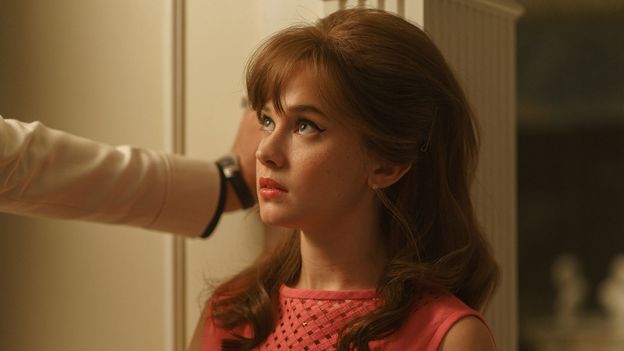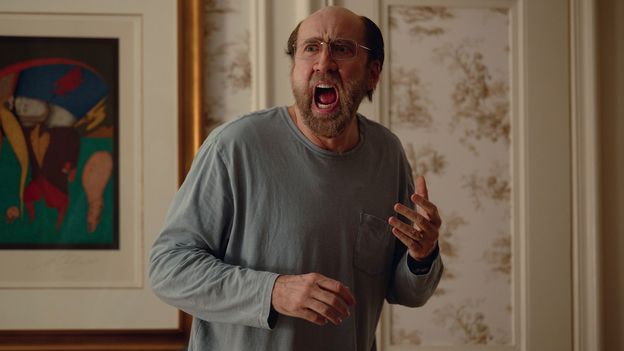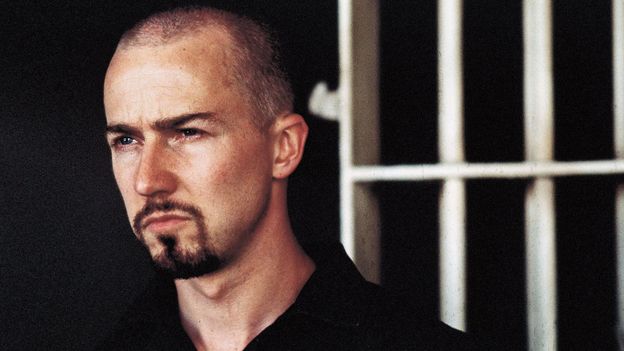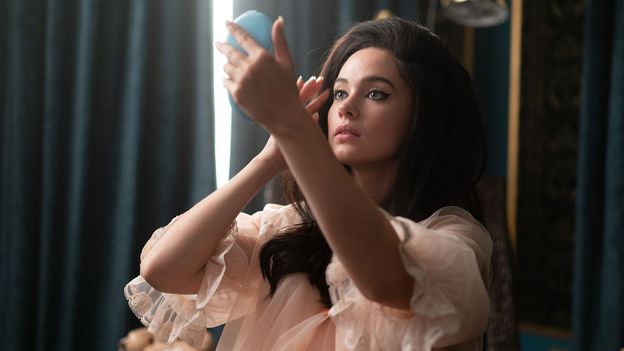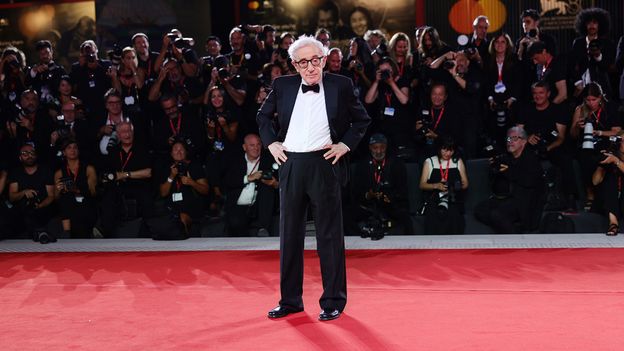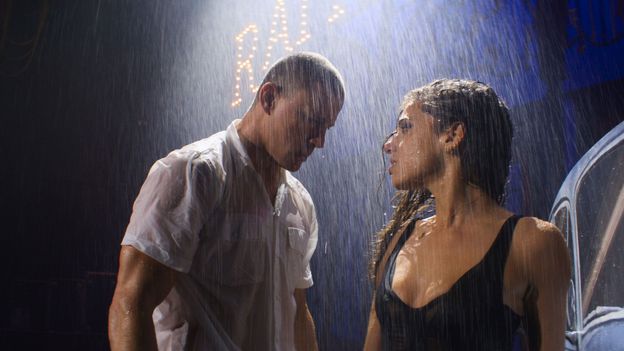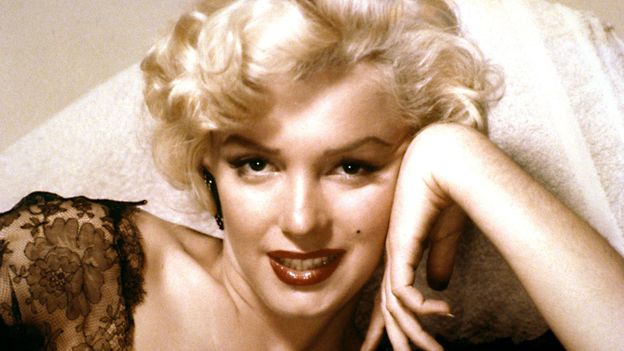There is one obvious problem, though. Cooper has been criticised for wearing a prosthetic nose, a contentious choice for a non-Jewish actor playing a Jewish character. Personally, I’d argue that prosthetic noses are so distracting on the big screen that they should never be used unless someone is playing either Pinocchio or Cyrano de Bergerac. But the make-up artist, Kazu Hiro, does such an expert job that it’s easy to forget that the nose isn’t Cooper’s own. And when the elderly Bernstein talks to interviewers in the film’s framing scenes, he has some of the best old-age make-up I’ve ever seen.
Still, Maestro is not just the Bradley Cooper show. In the credits he takes second billing, ceding the top spot to Mulligan. The choice doesn’t really make sense: Bernstein is undoubtedly the central character. But Mulligan’s performance as the loyal but tortured Felicia is a sparkling tour de force, especially in the lengthy, complicated scenes in which the dialogue overlaps with documentary-like naturalism, but is also enunciated with the precision of the most sophisticated screwball comedy. She has never been better. Apparently there is some debate as to whether a woman should be addressed as a “Maestro” or a “Maestra”, but whichever term you prefer, Mulligan definitely qualifies.
★★★★☆
Maestro is released on 20 December on Netflix.
If you liked this story, sign up for the weekly bbc.com features newsletter, called The Essential List. A handpicked selection of stories from BBC Future, Culture, Worklife and Travel, delivered to your inbox every Friday.
If you would like to comment on this story or anything else you have seen on BBC Culture, head over to our Facebook page or message us on Twitter.




